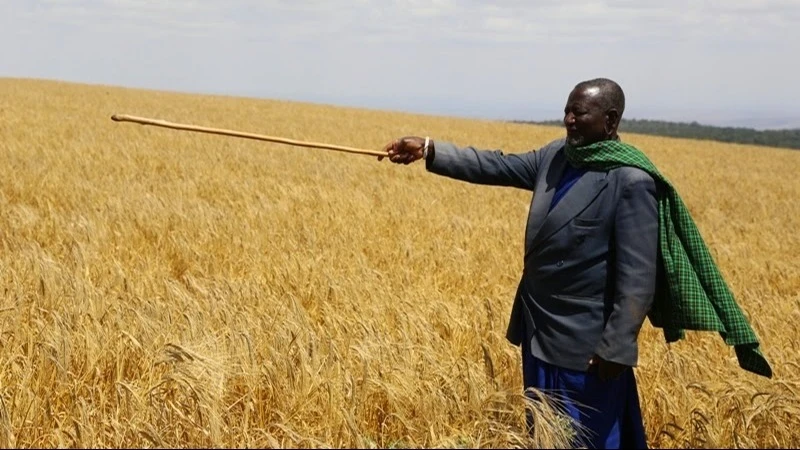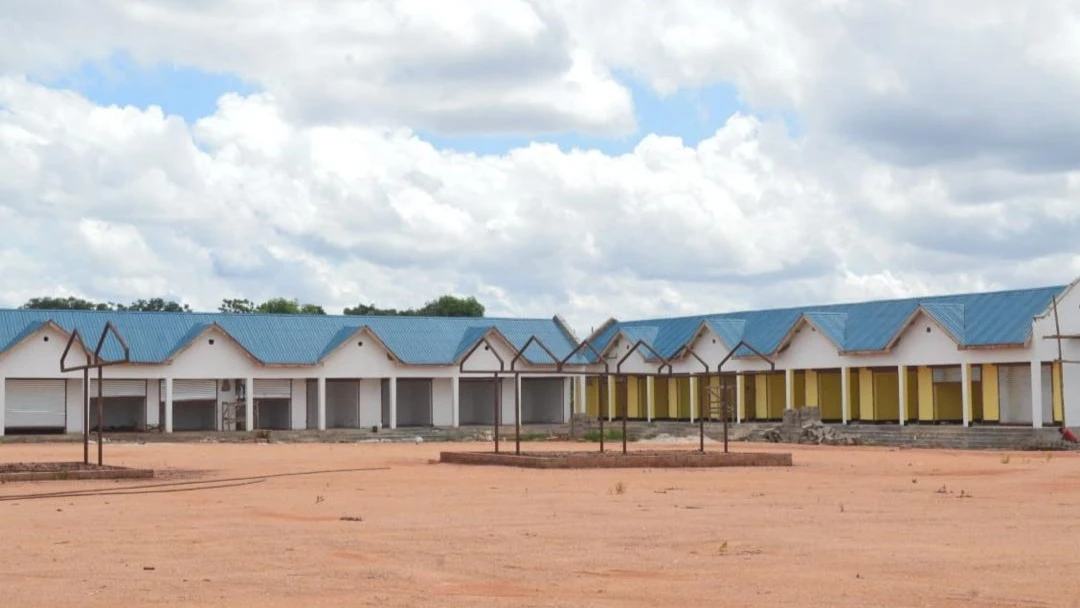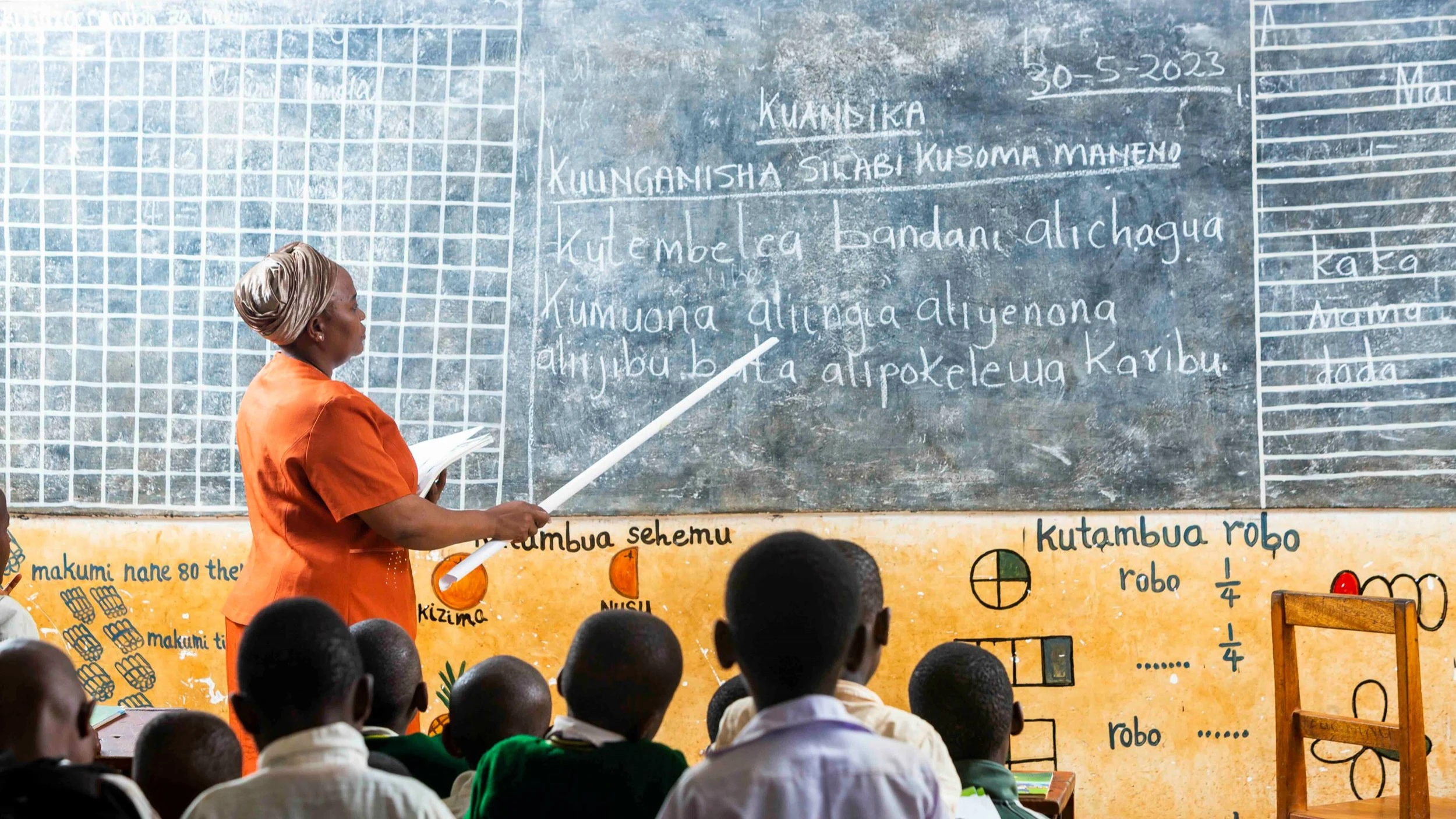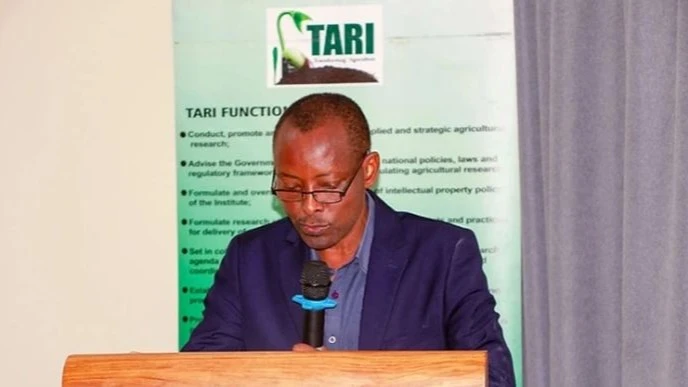100 wheat farmers to benefit from training

The Agricultural Seed Agency (ASA), in collaboration with the Alliance for a Green Revolution in Africa (AGRA), has provided specialized training to over 100 wheat farmers in the Kilimanjaro and Arusha regions.
The initiative aims to enhance agronomic practices for the professional cultivation of wheat, a key cash crop in northern Tanzania.
The training, held at ASA’s Arusha-based seed estate, focused on equipping farmers with practical knowledge essential for boosting wheat production and productivity.
Experts from both ASA and AGRA led the sessions, guiding the farmers through recommended cultivation techniques and modern growing principles.
Dr. Justin Ringo, ASA’s Production Manager, highlighted the positive impact of the training. "Through these initiatives, we have increased wheat seed production to over 1,200 tons, significantly improving yields for local farmers," he said.
Dr. Ringo also emphasized the agency’s commitment to further empowering wheat farmers by providing improved seeds and sharing advanced farming techniques.
Wheat is considered a strategic crop in Tanzania, and ASA aims to continue its support through additional training and seed distribution.
Dr. Ringo encouraged the participating farmers to apply the newly acquired skills to increase their productivity and to share the knowledge with fellow farmers in their communities.
ASA's Acting Business Development Director, Mary Machaku, reassured farmers that the agency would maintain efforts to ensure the availability of improved seeds at government-subsidized prices, further boosting the sector's productivity.
As part of these efforts, ASA has introduced a new wheat variety, SST 884, imported from Zambia. This hybrid variety, with its broad adaptability, takes between 90 and 110 days to mature and can yield between 14 to 18 sacks per acre.
Wheat production plays a critical role in Tanzania's agricultural sector, serving as a major source of food and income for rural communities.
It is primarily cultivated in high-altitude regions such as Arusha, Kilimanjaro, Manyara, and parts of the Southern Highlands, including Iringa and Njombe.
The Makete district in Njombe is particularly noted for its significant wheat output.
To further bolster wheat production, the government launched a strategy in the 2023/2024 farming season, providing Makete district with 1,000 metric tons of subsidized wheat seeds through ASA.
Plans are also underway to establish two wheat processing plants, with Makete identified as a potential site for one of the factories.
Despite its importance, wheat production in Tanzania remains low, with annual output hovering around 100,000 metric tons—far below the national demand of 1,000,000 metric tons.
As a result, the country relies on imports for 90 percent of its wheat consumption.
Top Headlines
© 2024 IPPMEDIA.COM. ALL RIGHTS RESERVED

























